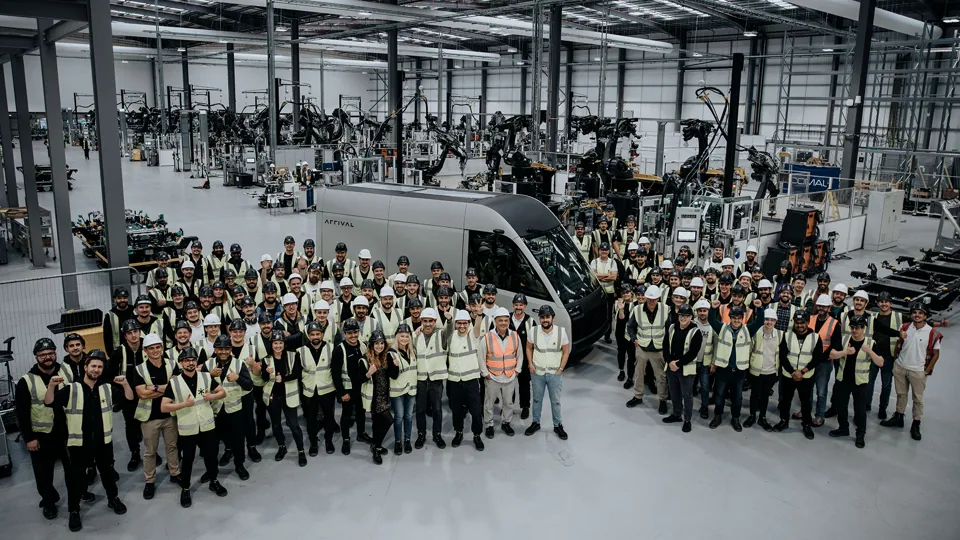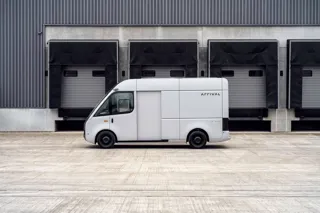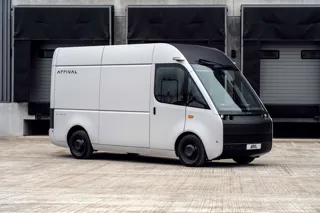Electric vehicle (EV) manufacturer Arrival has produced its first production verification from its Bicester ‘microfactory’.
Using in-house technologies in the production process, including composite materials, autonomous mobile robots, in-house components and a software defined factory, it says the milestone is a big stepping-stone towards at-scale production and delivering electric vans to its customers.
Denis Sverdlov, founder and CEO at Arrival, said: “This is the first time a vehicle has ever been built in our microfactory, using a new method that does not use a traditional assembly line.
“Although we have not yet achieved serial production, we are focused on making it happen.
“We will continue to produce vehicles in our microfactory in order to master at-scale production.”
He added: “It has been more difficult than we had initially imagined, and I thank the team for the immense amount of effort, technology, innovative breakthroughs, and problem solving.”
The electric vans produced this year in the company’s first microfactory in Bicester, UK, will be used for continued testing, validation and quality control, rather than being sold to customers.
The verification vehicle comes after Arrival announced in July that it was cutting up to 800 jobs in order to kickstart the production of its new electric van.
The Banbury-based business said it needed to cut costs by 30%, in response to a “challenging economic environment”.
The business has already secured an order of 10,000 vehicles from delivery firm UPS.
Last year, Arrival announced a service network programme that will use its digital service platform to train and certify technicians to service its vehicles.
The service platform uses the data from Arrival’s vehicles and proprietary algorithms to enable existing service providers to repair and maintain its electric vans and buses.
Arrival has established four initial partners in Europe, including ARC Europe Group, Kwik Fit, Rivus Fleet Solutions and ZF.
Together, with partners in the US, Arrival says these partners will help form the Arrival Service Network, with more than 21,000 workshops and 60,000 mobile service units.























Login to comment
Comments
No comments have been made yet.